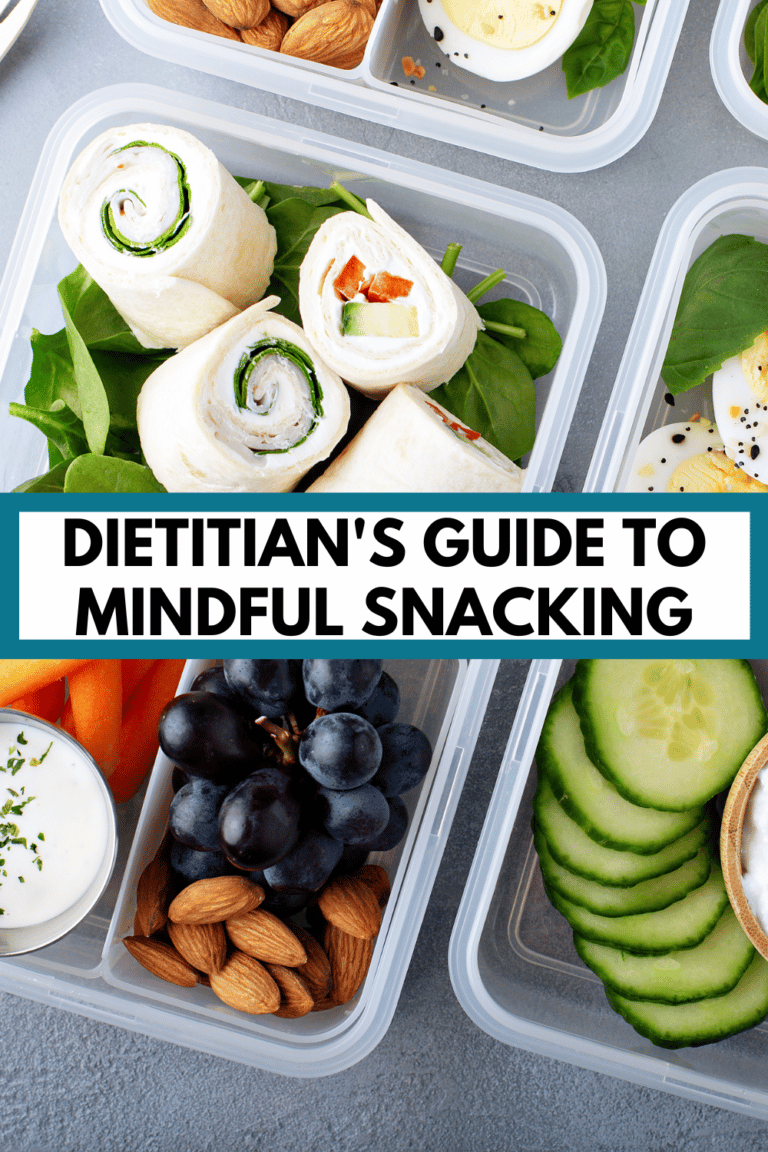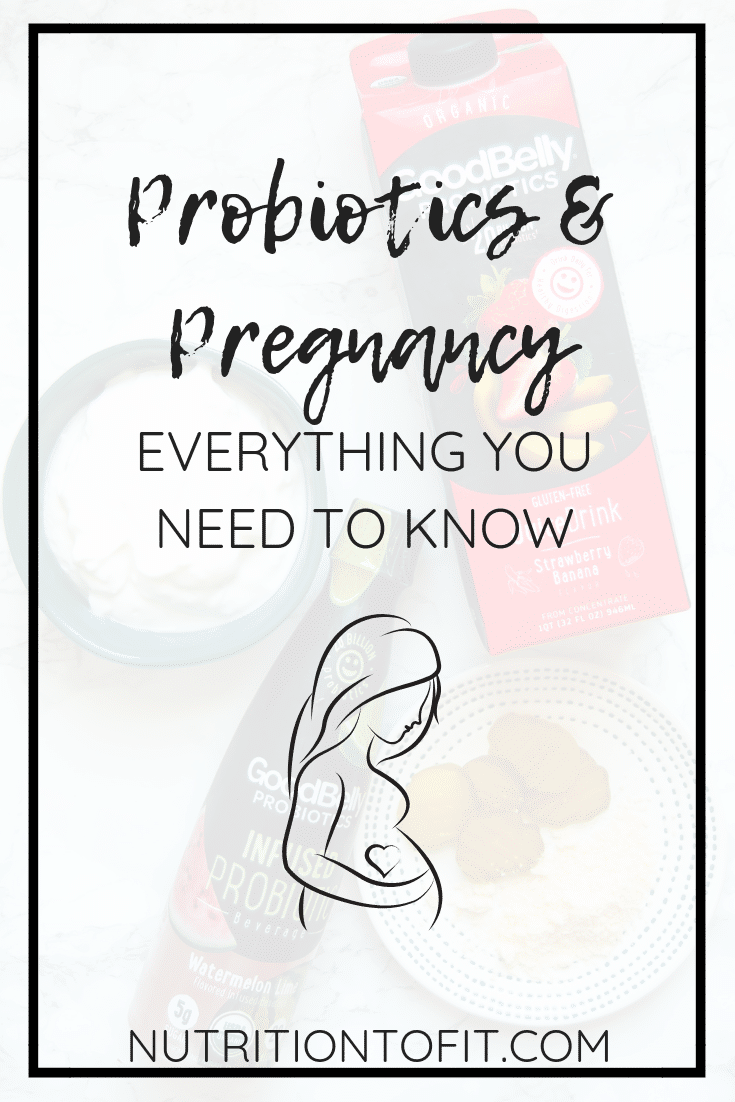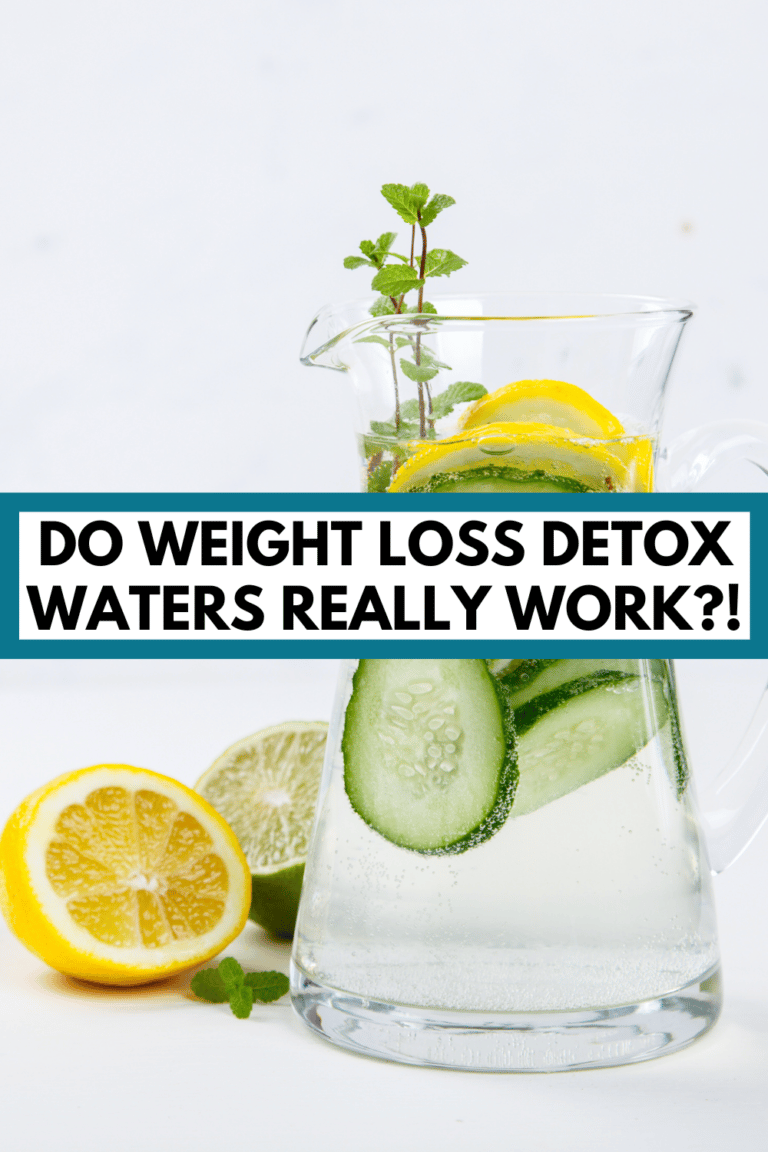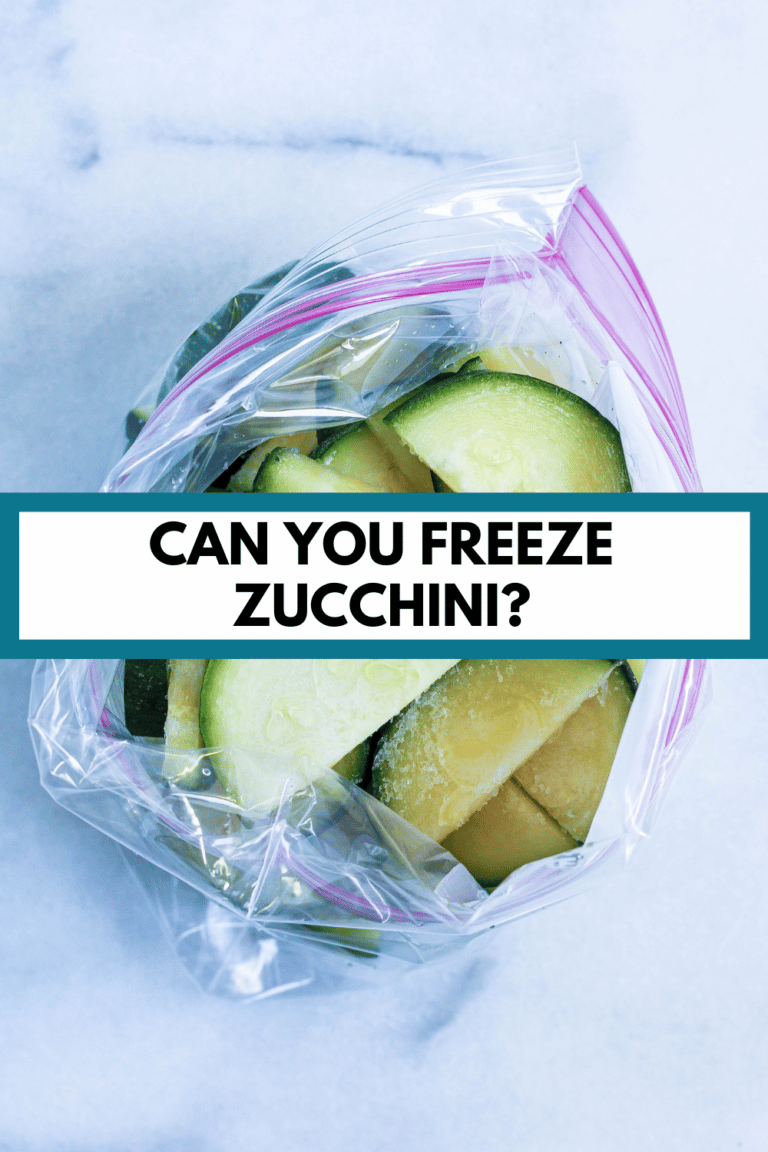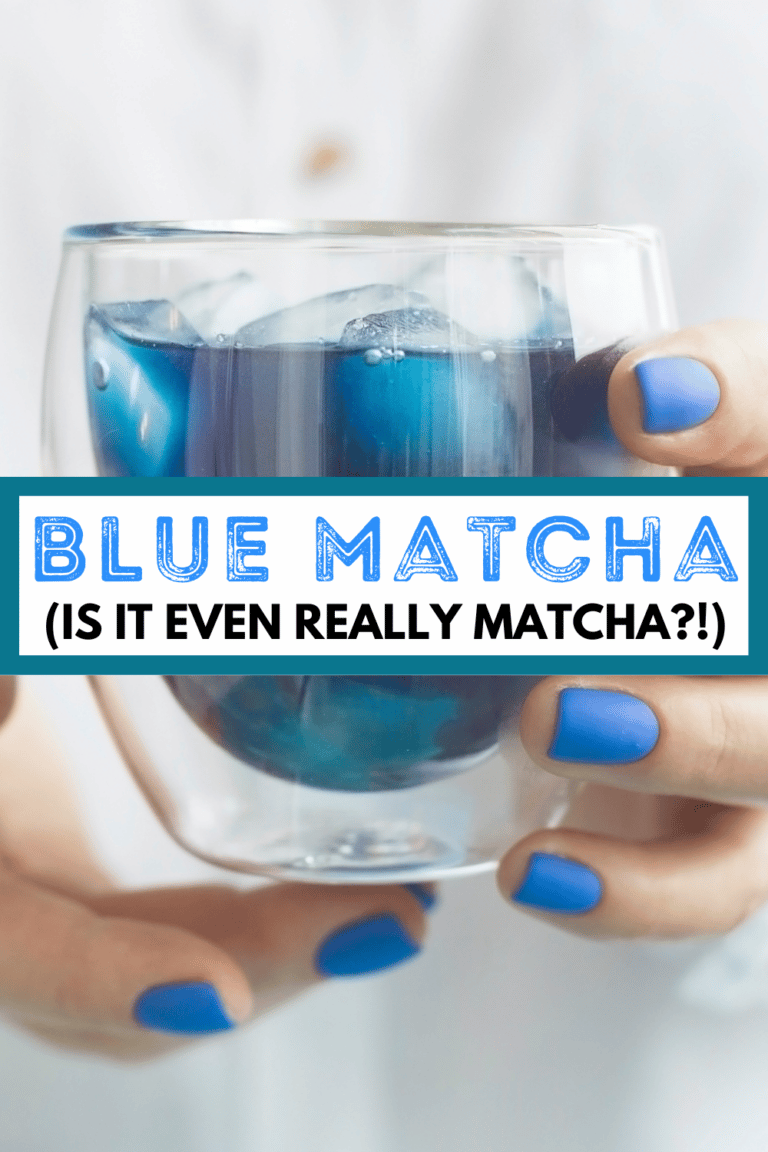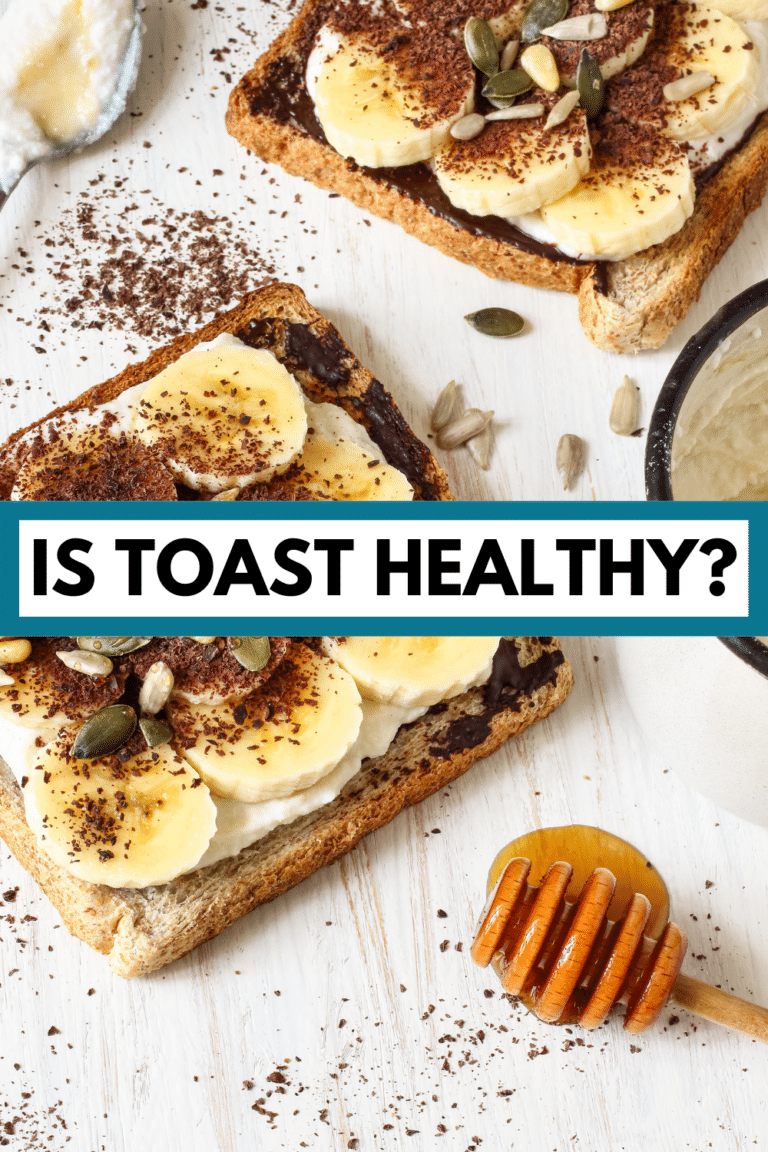Why Do I Feel Guilty After Eating? (And How to Stop)
Have you ever wondered, “why do I feel guilty after eating?” If yes, this is for you. I’m a registered dietitian nutritionist, and this article will explain what food guilt is, why you’re feeling guilty for eating, and (most importantly) how to stop.
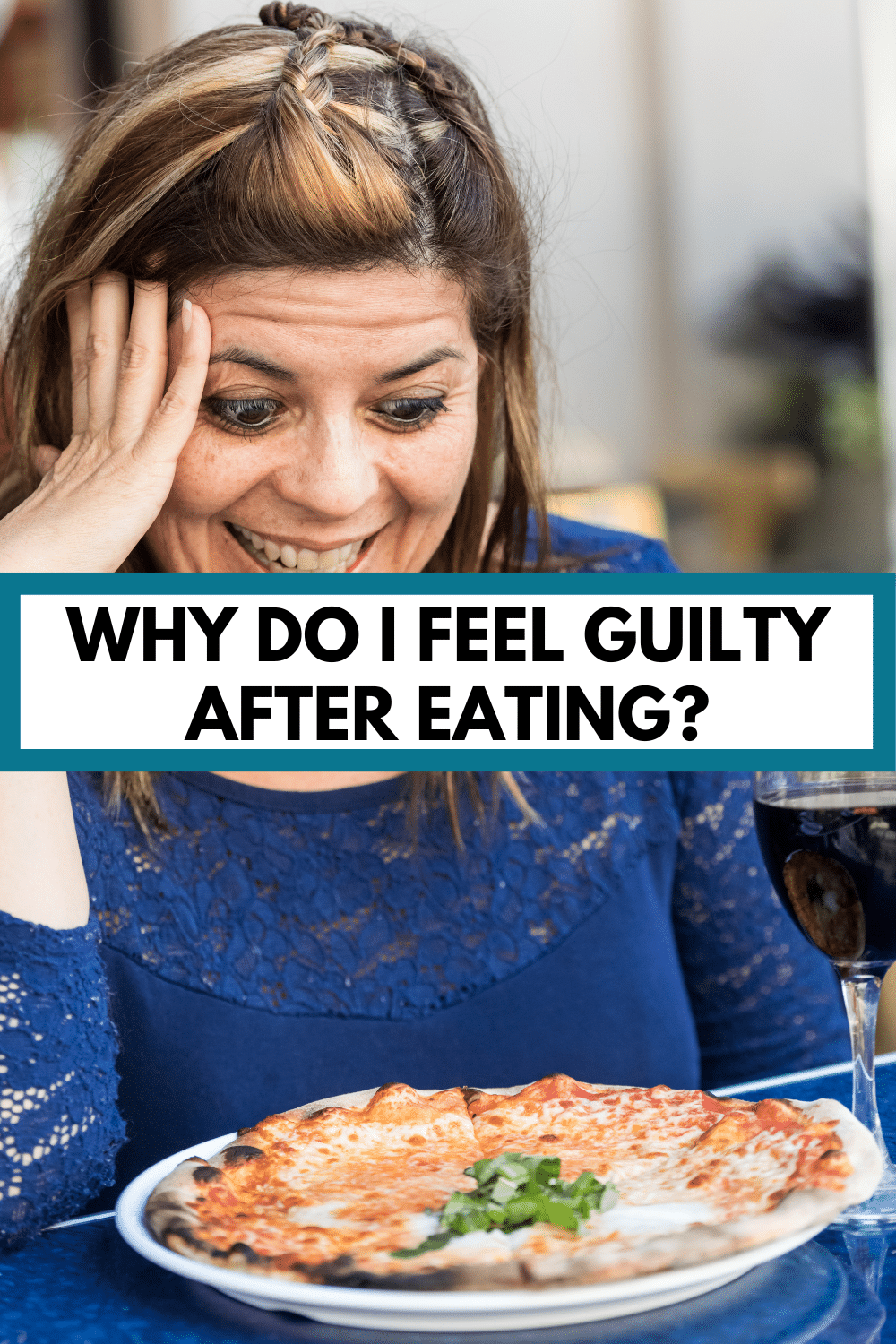
So, picture this:
You’re out to eat with your friends, enjoying delicious food and some good times, but as the evening comes to a close, you start to feel….ashamed.
Maybe you’re feeling overly full, or maybe it’s what you consumed that has you bothered…did you really need drinks, an appetizer, and a dessert?
If this narrative sounds familiar, please keep reading. Because food guilt does not have to be your normal!
Let’s learn where does food guilt come from, and (more importantly) how do you move past it?
What is Food Guilt
Food guilt stems from unnecessary stress surrounding your food choices. It may be triggered by the amount of or the specific food types you are (or aren’t) eating.
Typically food guilt coincides with feelings of shame, regret, remorse, and embarrassment.
This food guilt often occurs because it usually goes hand-in-hand with a narrative that your food choices reflect back on you, personally and morally. This notion means that perceived “wrong” or “bad” food choices can be internalized as something actually being “wrong” or “bad” with you.
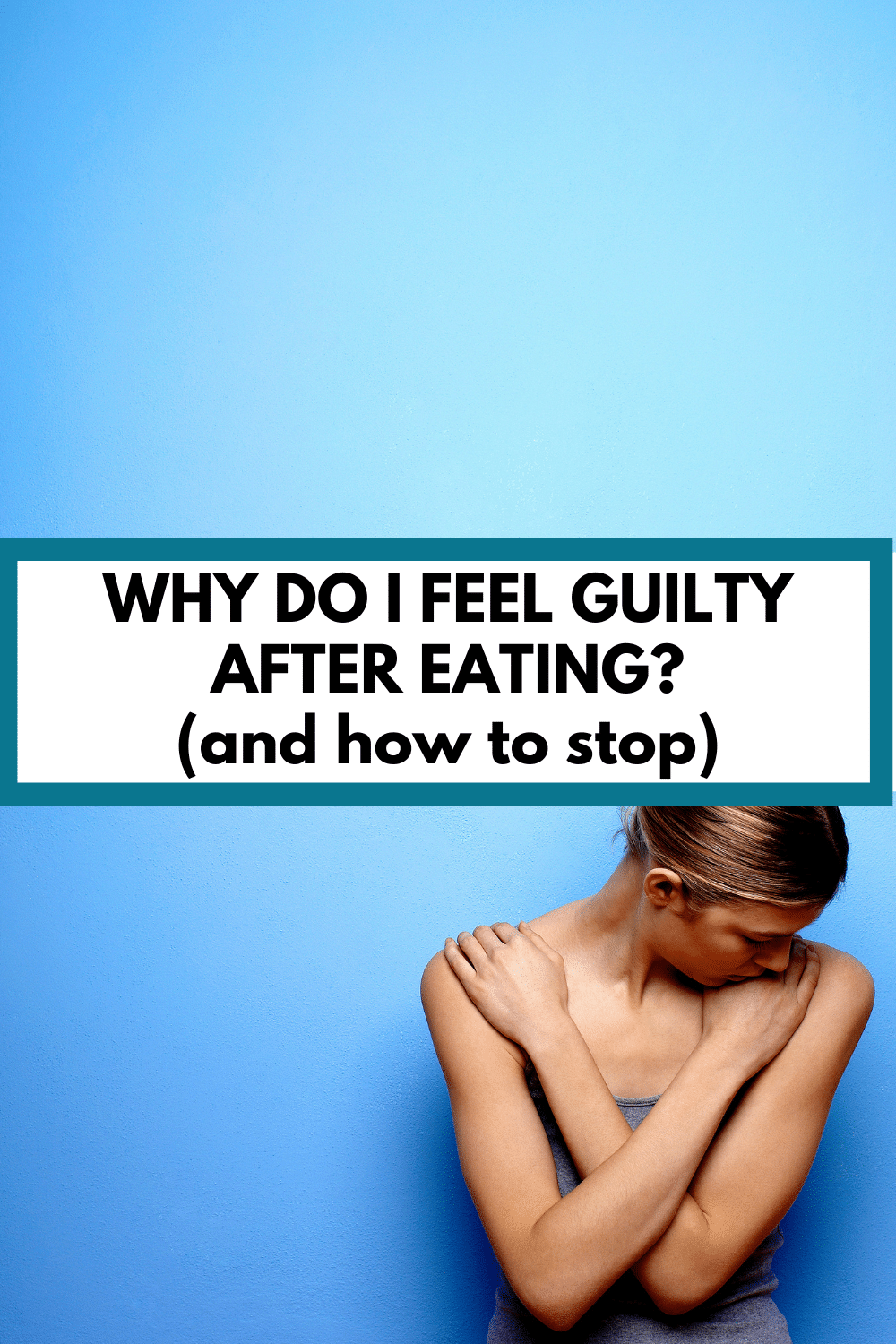
What Does Food Guilt Sound Like?
The voice of food guilt can vary tremendously person to person, but some examples of how it sounds may include:
- “That dessert had so many calories, I never should have eaten it.”
- “It’s going to take me forever to burn off those chips.”
- “What is wrong with me?! I never should have given in to that craving.”
- “Why did I get the fried chicken on my salad?! I should have gotten grilled, ugh!”
Why do I feel guilty after eating?
Food guilt can occur when the way that you’re eating is out of alignment with your values and how you want to eat (or pressure with how you feel you “should” eat).
There’s a lot that can contribute to this, including:
- Personal Beliefs: this could look like dietary-related religious beliefs and practices or personal ethical convictions (like veganism for ethical reasons).
- Diet Culture: the noise in the health and wellness world that perpetuates a thin ideal and unnecessarily assigns moral value based on health and wellness.
- Food Rules: often highly influenced from diet culture or past dieting experiences, food rules are usually pretty arbitrary and unnecessary (like, “I can’t eat sugar unless I’ve worked out,”)
- Inadequate Food & Nutrition Intake: you may not be eating enough food, period, or in a bit of an eating rut where you’re lacking a bit on nutrient-dense foods (like hello vacation eats or realizing you haven’t had a vegetable in a few days).
- Perfectionism: black-and-white, all-or-nothing thing from a perfectionist mindset about food and nutrition definitely contributes to guilt and shame.
- Eating Without Awareness: a lack of awareness with eating, or eating mindlessly, can leave you in a situation where you’re eating in a way that doesn’t leave you feeling your best – which can trigger those feelings of guilt and shame.
Why Guilt After Eating Is Not Helpful
No matter the reason, shame and guilt surrounding food is not helpful. It can contribute to a poor relationship with food, leaving you feeling obsessed, confused, tired, and miserable around eating.
Research also tells us that shame around eating has a negative impact. A study looking at the role of shame in emotional eating showed that participants with feelings of shame reported a greater binge impulse.
But ultimately, if you want to have a peaceful, enjoyable, healthy relationship with food – food guilt has got to go.
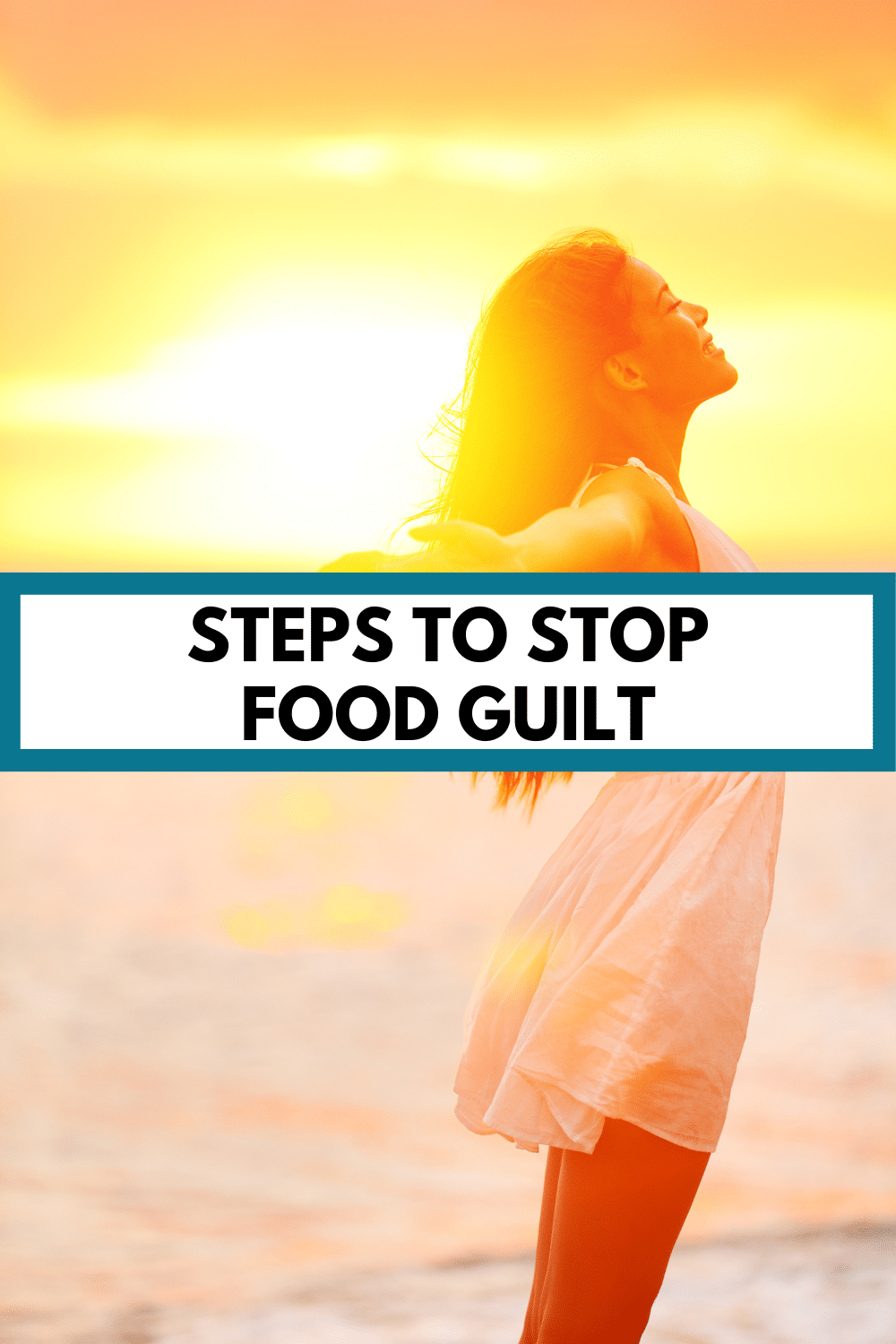
How to Stop Food Guilt
If you’ve recognized that food guilt is a problem, try these steps:
1. Reflect on Your Triggers – Without Judgement.
If you’re experiencing food guilt, it’s time to figure out what’s triggering it. Start getting curious and practice creating an awareness around these triggers. Do you notice any patterns? Does food guilt tend to come out more when you’re eating certain foods? In certain environments (i.e. out to eat)? With certain people?
But – I cannot stress this strongly enough – you must approach with curiosity and not judgement! Food guilt is not your fault. Any triggers are not your fault. Take away any self-judgement and practice reflecting, and talking to yourself, with an objective curiosity.
2. Identify Food Rules.
While you’re reflecting objectively, it’s time to ID your food rules. If you’re experiencing food guilt, if you’ve ever been on a diet, or if you consume any wellness content on social media, chances are you’ve picked up some food rules.
Not sure what I mean by food rules? Here are some examples:
- Don’t eat bananas, they’re too high in sugar.
- Always drink a glass of water before meals to eat less.
- Only eat bread once a day.
- Bagels must be scooped out if you’re going to eat them.
- Only being able to eat in a specific time window.
To be clear – none of these examples are inherently true or necessary.
As you identify your food rules, practice challenging them! And, yes, this is a practice – meaning you’ll likely need to give yourself grace and practice repeatedly.
3. Honor Your Hunger.
Repeat after me: you NEVER need to feel guilty for eating when you’re hungry. Even when you think it’s more than you “should” be eating at that meal or day, it’s okay. Your hunger will always vary, that’s totally normal. So no more feeling guilty if you’re still hungry and need more food at a given meal or on a given day.
4. Practice Mindful Eating.
One thing that can help with honoring your hunger is practicing mindful eating. Be present and aware while you’re consuming your meal. Notice whether or not what you’re eating is satisfying you. Is there a certain point that a certain food becomes less enjoyable? How are your hunger levels changing throughout the meal?
A good place to start is to practice mindfully checking in with yourself and your hunger levels before, halfway through, and at the end of a meal.
5. Ditch Perfectionism.
Perfectionism when it comes to food and nutrition doesn’t exist, so it’s time to let go of guilt surrounding dietary “imperfections” – because they’re a fallacy!
I’m a big proponent that food is just food, all foods are. Sure, some foods certainly offer more nourishment than others, just as some foods may provide more pleasure. But there can be a place for all foods.
Let go of food guilt stemming from a desire for dietary perfectionism. It doesn’t exist. Focus on balance and consistency instead.
6. Filter Your Feeds.
Social media can be a gigantic trigger when it comes to food guilt. There are countless wellness and lifestyle influencers that share inaccurate information, intentionally or not, in their quest to gain a following. Even influencers outside of the wellness sphere are often paid to promote various dietary supplements, or hop on trends like sharing, “what I eat in a day” (often accompanied with video of them body-checking themselves).
Take ownership of what triggers you and filter your social media feeds. Unfollow, mute, unfriend, mark an ad as “not interested” – whatever you need to do to protect your peace.
7. Get help.
And last, but perhaps the most important step – don’t be afraid to get help. If you’re experiencing extreme food guilt or really find yourself struggling in your relationship with food, please reach out to your healthcare providers. Working with professionals, like a physician, dietitian, and therapist, can all help support improving your habits with food.
Important Disclaimer:
If you’re intensely struggling, please consider calling the National Eating Disorders Association helpline.
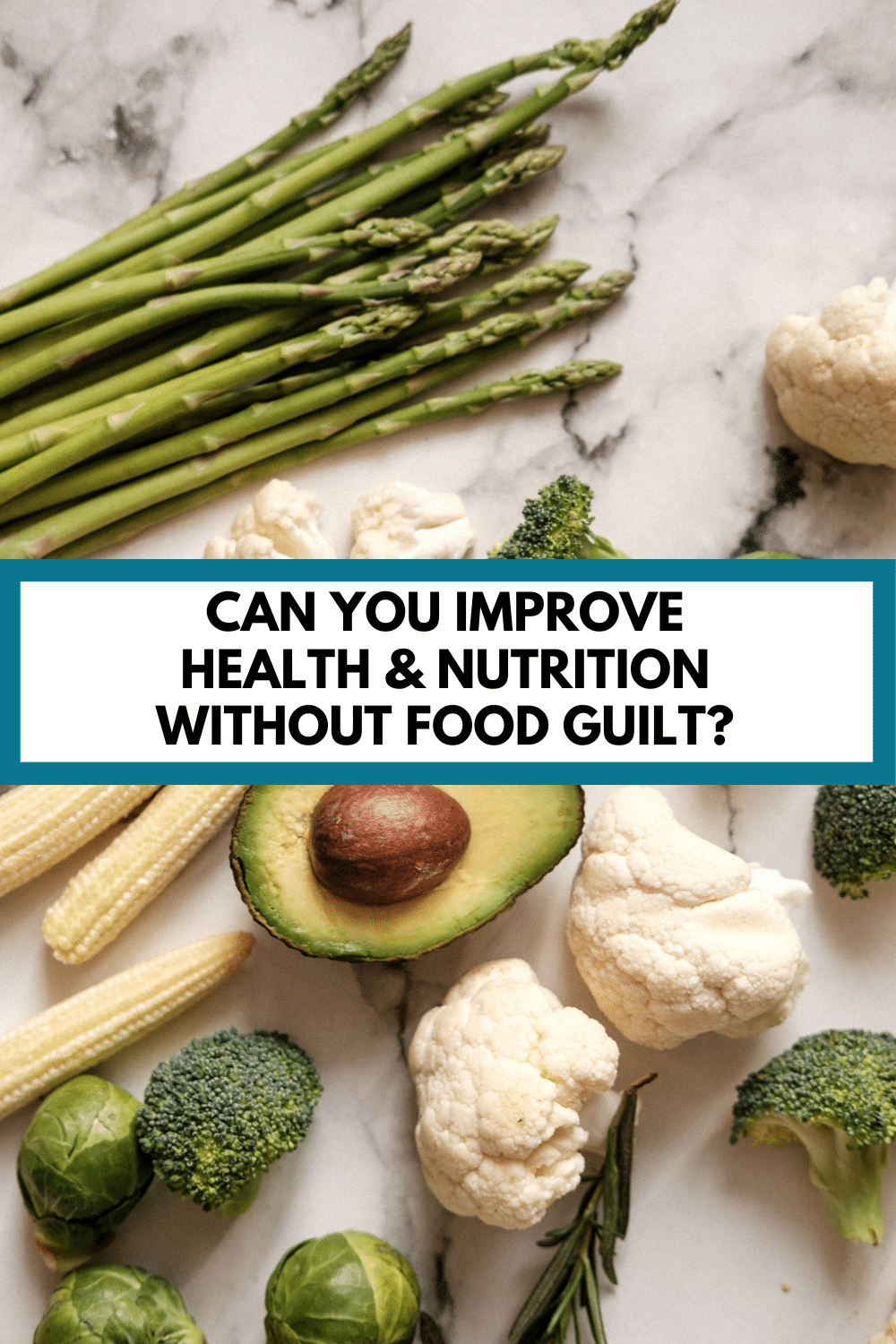
How to Focus on Health & Nutrition Without Food Guilt
As a dietitian, one thing I’m passionate about is that there can be a balance between having a good relationship with food AND using nutrition to improve your health.
Try some of the following tips:
- Consistency: Always remember that it’s what you do most of the time that has the biggest impact on your health.
- Add More: Instead of thinking, “I shouldn’t have ____,” try switching it up to, “how can I enjoy _____ as part of a more balanced meal/ snack?” For example, if you’re craving macaroni and cheese, great – it’s delicious! But instead of a bowl of only macaroni and cheese, can you pair it with some grilled chicken and vegetables? Or mix in chicken sausage and broccoli?
- Think in Color: The CDC says 90% of American adults don’t eat the minimum recommended number of fruits and vegetables a day. Try adding some color to your snacks and meals by including more fruits and vegetables. The NTF 5-a-Day Smoothie is one of my favorite ways to get in 5 fruit and vegetable servings at once!
Final Thoughts:
Food guilt is not just obnoxious, but it’s negatively impacting your health. Go through these steps above to practice creating a healthier relationship with food and letting go of food guilt. And of course – please don’t hesitate to reach out for professional help. You don’t have to do this alone.
And remember, too, that it is possible to be mindful of your health and nutrition without guilt. Find a balance with nutrition that fits your life.

